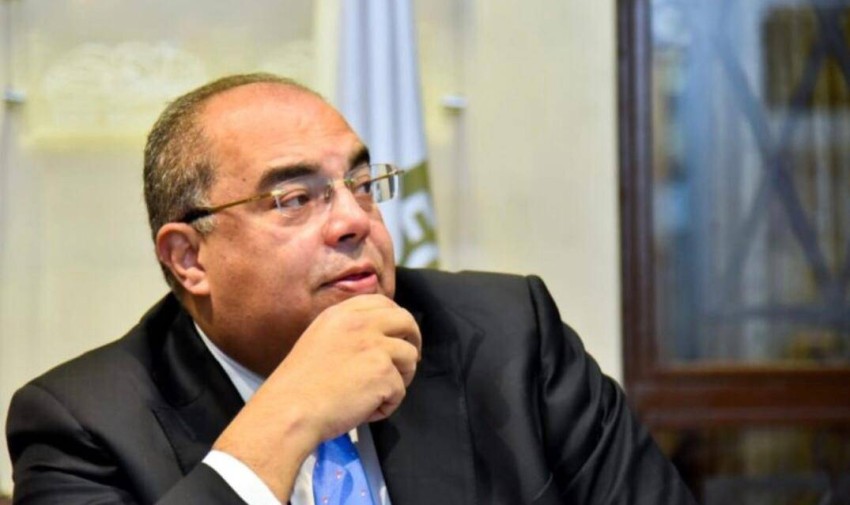Dr.
The United Nations Special Envoy concerned with financing the Sustainable Development Agenda 2030, Mahmoud Mohy El-Din, the climate pioneer of the Egyptian presidency, emphasised the need for the private sector to make more efforts with regard to climate financing and to provide more solutions to support adaptation procedures, especially given that many countries rely on rural activities and agriculture.
He also cited the findings of a research from the International Center for Adaptation, which showed that 11.4 billion euros had been spent on adaptation, with only 3% of that amount coming from the private sector. This calls for more efforts in this area.
This was revealed in his statement delivered by video during one of the discussions on poverty and climate change held as part of a debate series sponsored by the World Bank Group, which also included Dr. Rania Al-Mashat, Egypt’s Minister of International Cooperation, and Dr.
Estr Doflo, co-founder and co-manager of the Abdul Latif Jameel Laboratory for Poverty Anti-Poverty (J-Pal), was awarded the Nobel Prize in Economics and is a professor of Reducing Poverty and Development Economics at the Massachusetts Institute of Technology (MIT). J-Pal was founded in 2003.
Dr. Doflo delivered a talk about the connection between climate change and the high rates of poverty in light of the Koruna’s effects during that session.
In her remarks, Dr.
Doflo emphasised the significance of considering the distinctions between developing and developed countries in terms of accountability for emissions and pollution, as well as the material and societal responsibilities.
Doflo contends that the developed and wealthy nations bear the bulk of the blame for global warming because they are the ones that produce the majority of the world’s emissions while the poorest nations are situated in the hottest regions. As a result, these consequences will result in human casualties as well as long-term economic and societal effects.
At the next climate conference, she also emphasised the need to highlight the financial and technological divide between developing and wealthy nations, highlighting the significance of human behaviour change and the requirement to cut consumption in order to lower emissions.
Doflo further emphasised that with a focus on adaptation and flexibility initiatives, the climate conference offers a fantastic opportunity to put promises into action within the framework of a just climate work.
Mohiuddin: Only 3% of the 11.4 billion euros spent on adaptation came from the private sector.

